Huawei
Latest about Huawei

Huawei FreeClip 2 review: good-looking clip-style open earbuds let down by design and sound woes
By Tom Bedford published
The Huawei FreeClip 2 are let down by design and sound woes, with some feature issues too. It's a shame because there are some strengths.
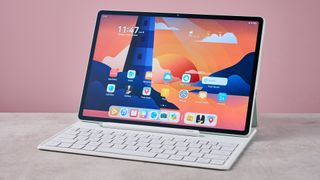
Great CPU and screen aside, I don’t rate Huawei’s latest slate — for one simple reason
By Josh Russell published
Huawei’s slate aced most of the tests I threw at it — but there's one shortcoming that makes it miss the mark for me.
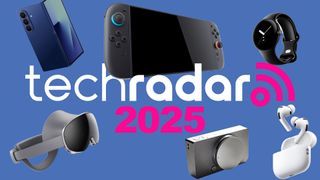
The TechRadar team looks back at the biggest tech stories of 2025
By TechRadar Team published
It's been quite the year for tech! Here's our round up of the biggest trends in phones, computing, TVs, gaming, cameras, streaming and more in 2025.
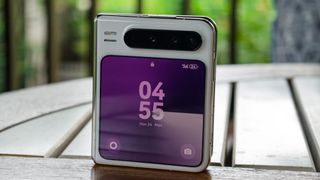
I tried Huawei's strange Pura X foldable, and it's made me rethink every other flip phone
By Nirave Gondhia published
I've spent several months with Huawei's Pura X foldable, and it's convinced me that flip phones should be mini tablets.

The ultimate buyer’s guide to the ASUS NUC mini PC range
By Sponsored published
Sponsor Content Created With Asus
Discover ASUS’s extensive portfolio of powerful pint-sized personal computers
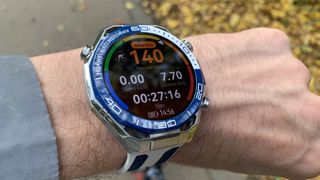
Huawei Watch Ultimate 2 review: A deep dive with the first ever smartwatch to feature sonar communication
By Paul Hatton published
The Huawei Watch Ultimate 2 is the first smartwatch with sonar communication – but that comes at a cost.
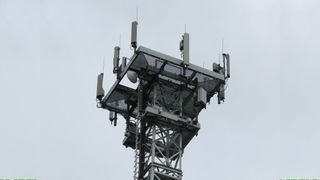
EU set to crack down on Huawei, ZTE hardware in member countries
By Craig Hale published
Europe is still trying to remove Huawei and ZTE equipment from 5G and other telecoms networks.

Huawei is back in Europe - and it wants to help take your small business to the next level, with AI at the center
By Efosa Udinmwen published
Huawei brings integrated SME solutions to European customers, combining intelligence features, simplified deployment models, and expanded partner support.
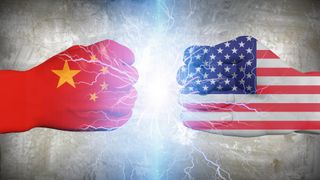
China offers Alibaba and other domestic giants half-price data center energy if it picks chips from Huawei over Nvidia
By Efosa Udinmwen published
China offers energy subsidies to tech giants using domestic chips, seeking AI independence while confronting efficiency and performance challenges.
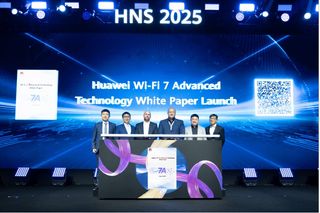
Forget about Wi-Fi 7, Huawei and others are working on Wi-Fi 7 Advanced to bring 10Gbps speeds to everyone - but what does that mean for Wi-Fi 8?
By Wayne Williams published
Wi-Fi 7 Advanced promises 10Gbps networking speeds, full IoT integration, and real-time intrusion detection across enterprise networks.
Sign up for breaking news, reviews, opinion, top tech deals, and more.